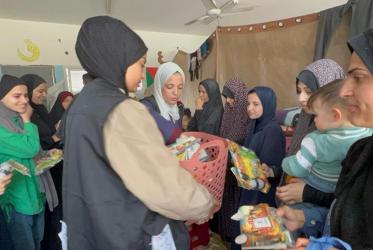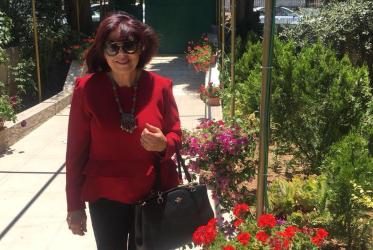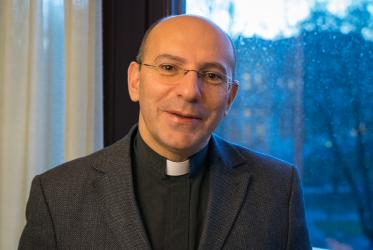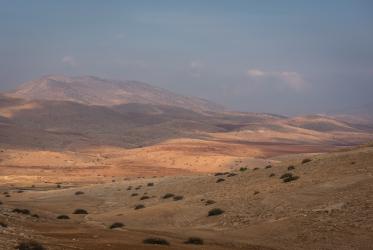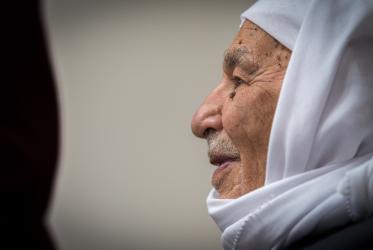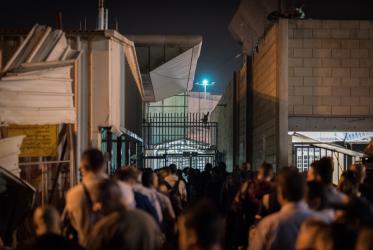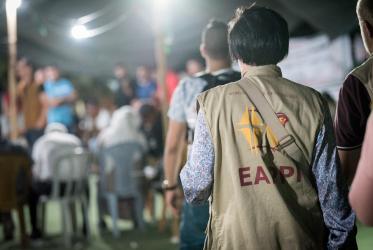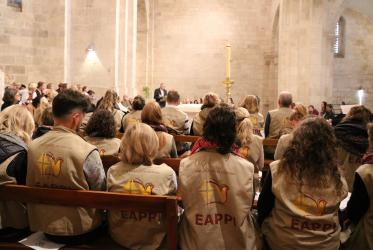Displaying 1 - 20 of 30
21 December 2023
A hopeful, but not optimistic Palestinian ecumenist
09 December 2020
With continuous presence and just peace at heart
25 April 2019
Shabbat dinner ‘helps humanize two sides of the story’
27 March 2019
Paving the way for ecumenical studies, learning English in Bossey
24 September 2018
Film “Tel Aviv on Fire” wins Interfilm award
12 September 2018
Nigerian breaks down stereotypes on Muslims
13 July 2017
